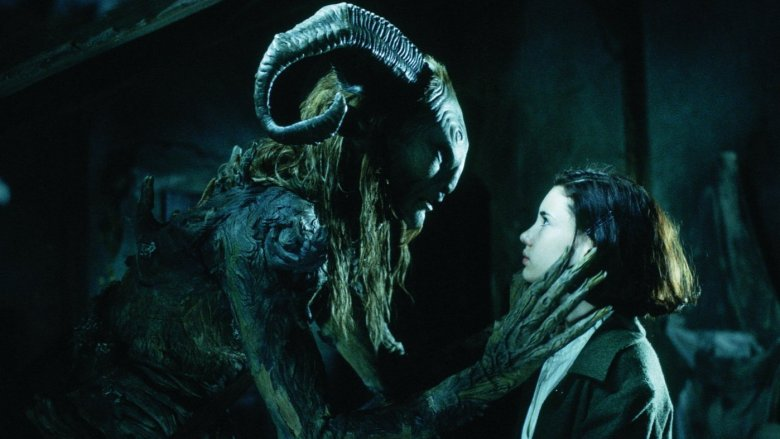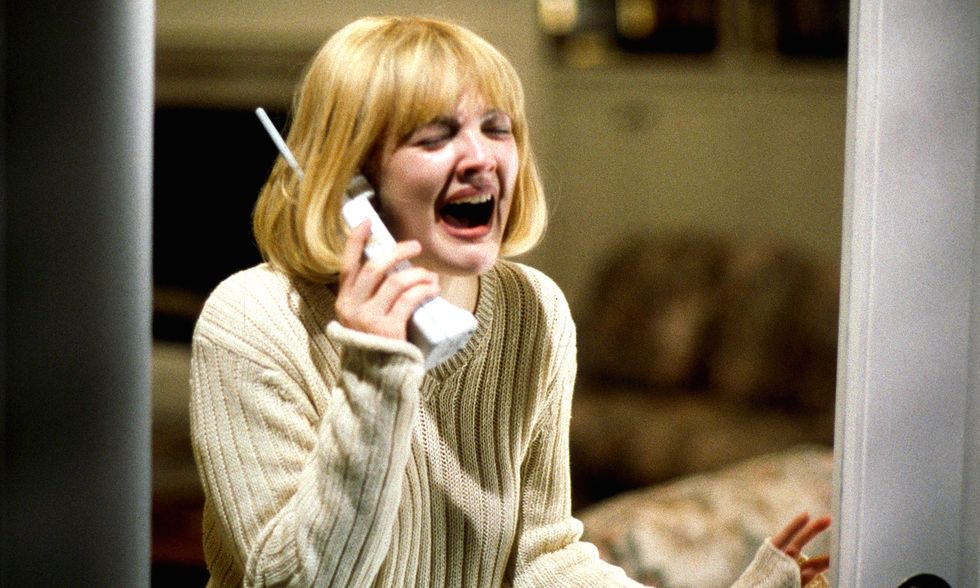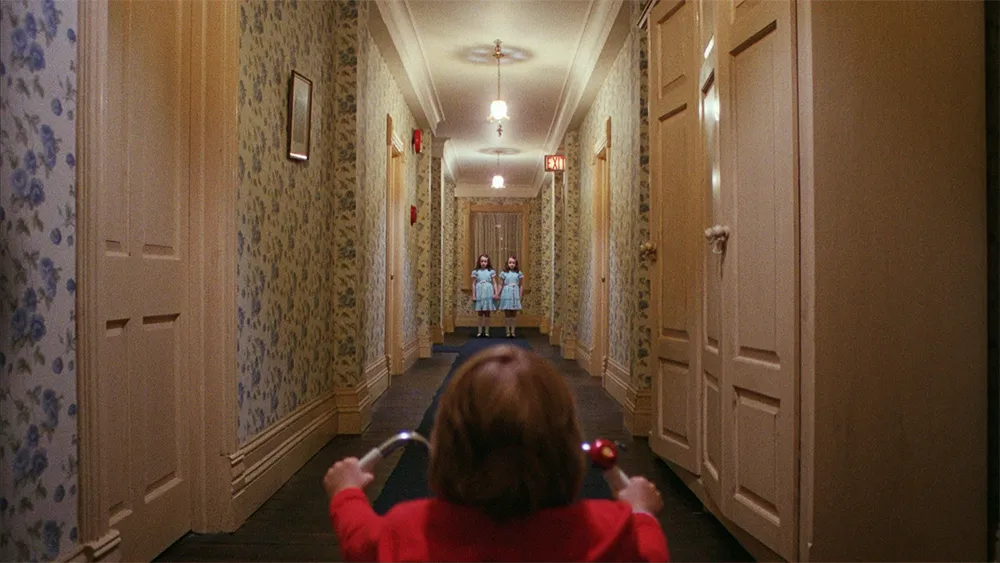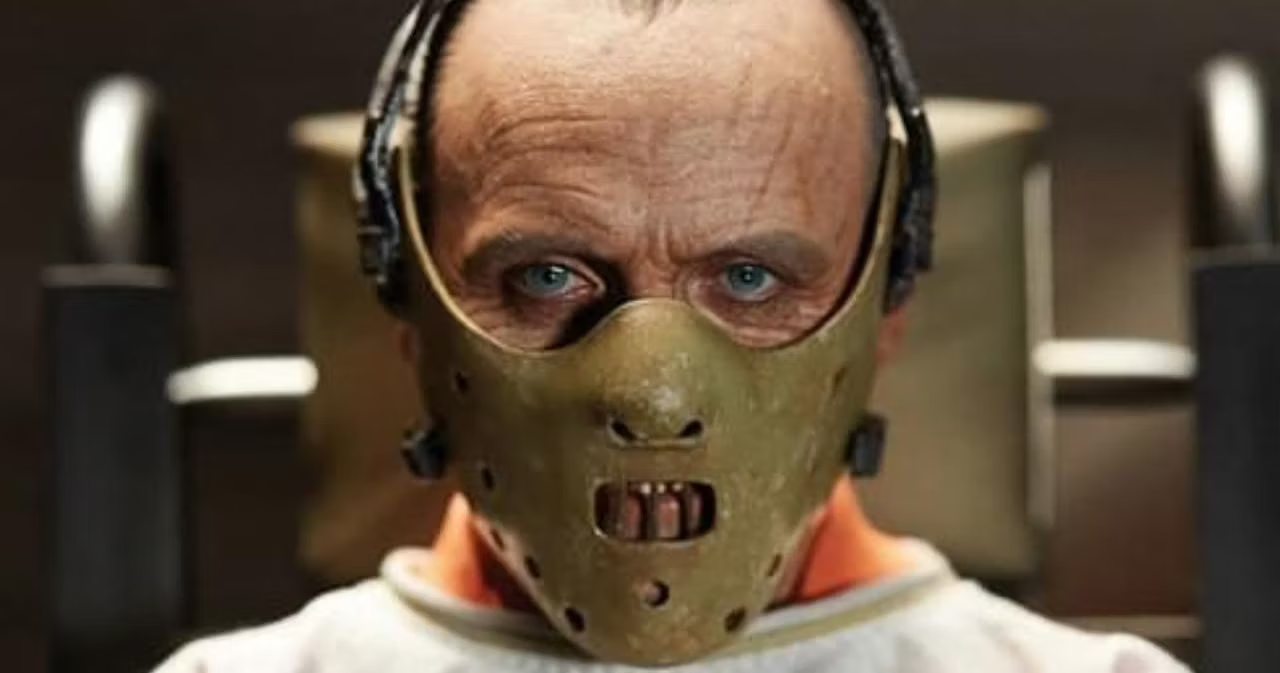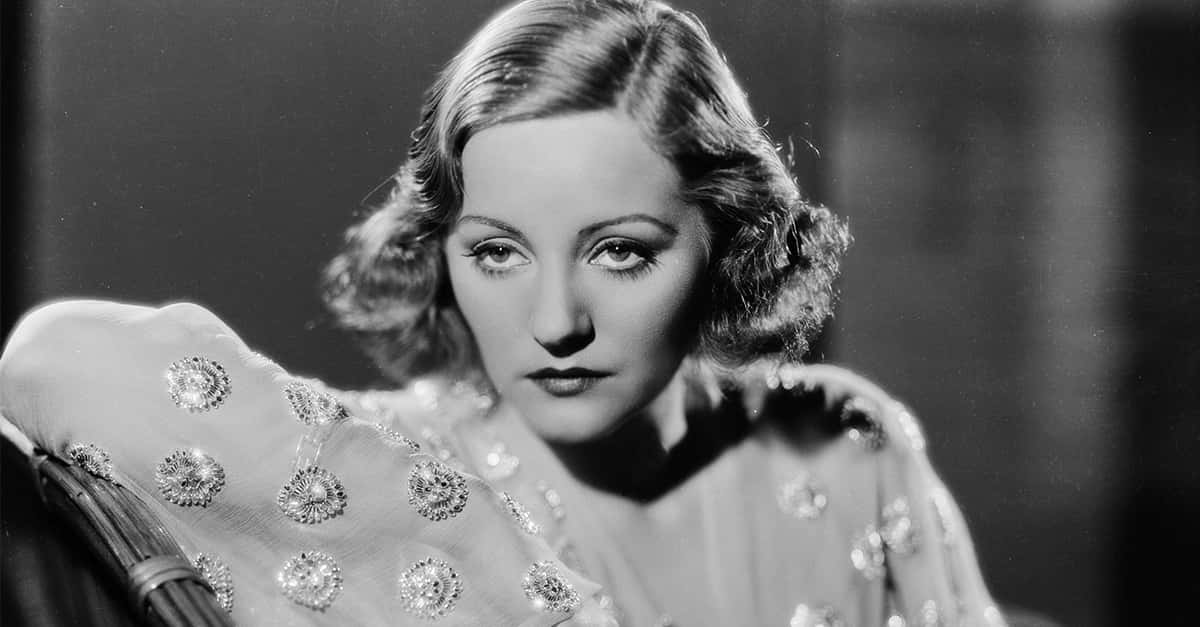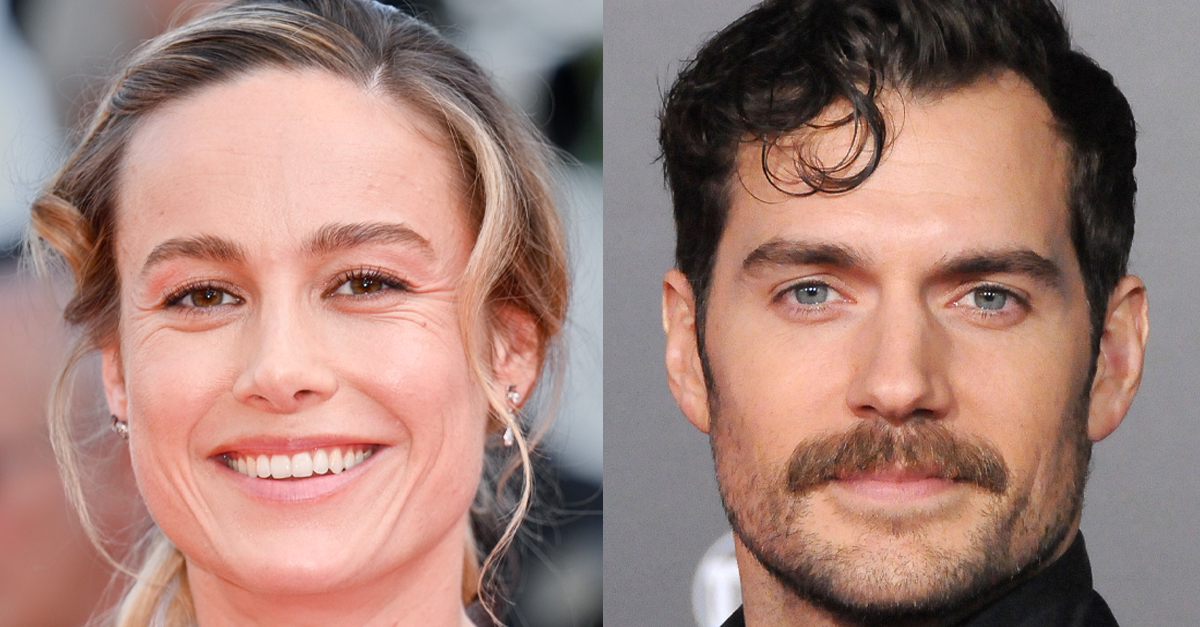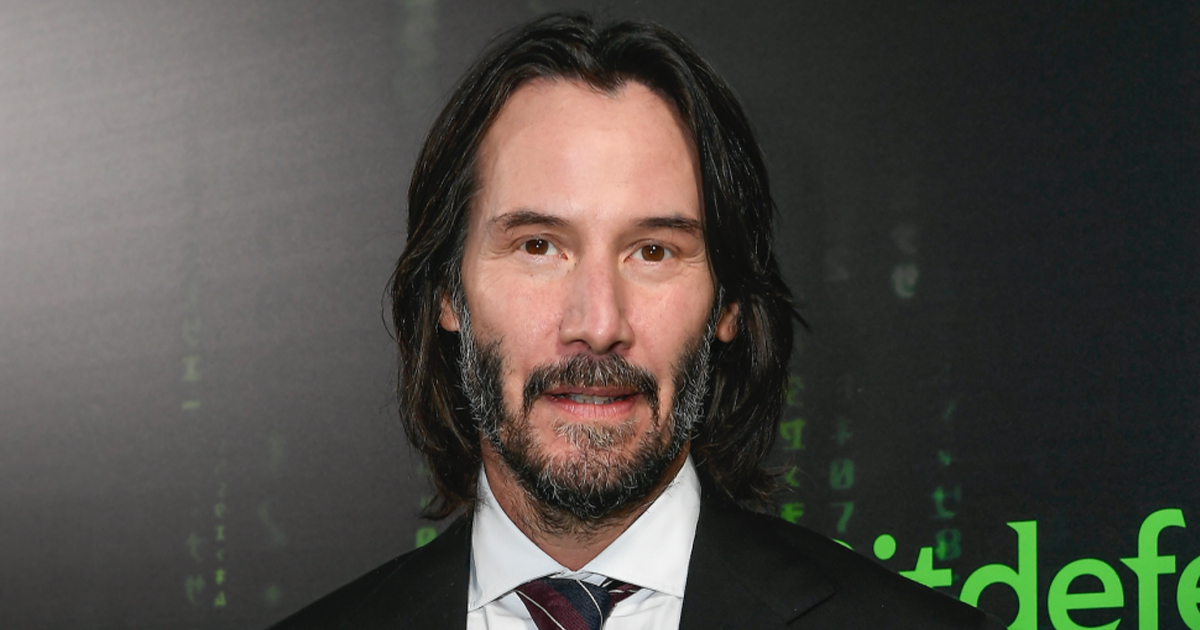Movies would not be the same without the horror genre. Horror movies have long been thrilling and raising the heart rates of viewers for years, but despite their high entertainment value, they frequently do not receive recognition at esteemed ceremonies like the Oscars. Why is it that despite their widespread appeal and influence on society, horror films are rarely awarded the prestigious golden statue? Here are some possible reasons:
Just not their "cup of tea"
Genre bias is likely a significant factor—it's no secret that the Oscars have a preference for dramas, biopics, and historical epics over horror. These genres typically address serious topics or feature outstanding performances, which are more in line with the Academy's tastes. Horror, on the other hand, is viewed as more of a less serious form of filmmaking, and therefore, horror movies are not taken seriously enough by voters.
This bias can make it difficult for horror films to compete on a level playing field.
Lacking refinement
Generally, the Oscars view horror movies as inferior forms of entertainment. While some horror films did manage to capture the Academy voters' attention in past years (most notably "The Silence of the Lambs," which took home several Oscars in its year including Best Picture), such an occurrence is rare.
Unfortunately, many horror films are simply written off as low-quality entertainment or exploitation films, even if they are truly works of art underneath all of the gore and shock value.
A prime example of this is 2018's "Hereditary"—despite the film receiving rave reviews and giving perhaps the best performance by an actress that year in Toni Collette, the film was snubbed by the Academy entirely.
Unpleasant reactions
The main purpose of horror movies is to elicit feelings of fear, disgust, and unease, which can be off-putting to Academy voters.
Regular viewers might enjoy the thrill they feel while watching these films, but Academy voters may find the viewing experience too unpleasant to take such films seriously.
Less technical, more artistic
Because the Academy prioritizes artistic value and storyline over technical proficiency, horror films may not always win Oscars even though they excel in areas like makeup, special effects, and sound design.
A scary movie with outstanding special effects and sound editing may not be able to compete with more artistic movies.
Too controversial
Horror films bend the lines of morality, exploring sensitive themes like gore, violence, and other taboo subjects. Because these films are more risque in nature, they might face greater opposition from Academy voters and ultimately reducing their chances of winning Oscars.


